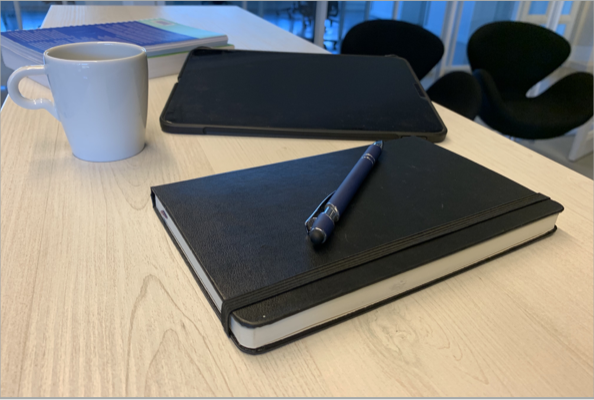Grants and Research Proposals
Learn more about
- Why grant proposals are important
- How to write a grant proposal
- How proposals are evaluated
- How a scientific writer/editor can help

Why grant proposals are important and some thoughts on preparing them
Let’s be honest: scientific research costs money. Salaries, materials, overheads, capital expenditure and all sorts of other costs need to be covered if research is to be turned into innovation with real world benefits. Usually, that money comes in the form of grants and sponsorship from government organisations, charities, industry or other private sector organisations.
Apart from publishing research findings in scientific journals, the other critical part of a career in the sciences is to successfully raise the money to actually carry it out.
To do that usually involves applying for grants or other types of funding. And a key step in that process usually involves writing a grant proposal, a research proposal or an application for funding.
In much the same way that a scientific research paper tries to convince a reader of the merits of certain ideas or arguments, a grant proposal tries to persuade a funder to fund a certain project or research program. As such, a proposal will usually be judged on factors such as:
- Relevance to the funding organisation’s goals
- Achievability - whether that is at all or within certain timeframes
- Project management questions
- Timeliness - how might the project solve issues now or in the future?
- Innovation - how radical are the project’s goals in terms of what is currently known?
- Skills and facilities - do the individuals and organisations have the skills and facilities to successfully complete the project?
- Knowledge utilisation - how will the results be used (and communicated)?
- Funding level request - are they reasonable, justified, adequate or unrealistic (i.e. too high or low)?
- Is it understandable? This includes whether the ideas are understandable or even whether the language used is understandable
On the last point, it is absolutely critical to get this right. Your proposal may contain ideas that are world beating and revolutionary, but if no-one can understand them, they will unlikely get the funding they actually deserve. Competition for funding is often fierce, which means that careful preparation of a grant proposal can make the difference between success (receiving the funds) or otherwise.
As with preparing a scientific paper for a journal, the ideas need to be well worked out, you should follow any instructions, make sure the language (most likely English) is understandable and revise, revise, revise with many pairs of eyes on the job as possible.
In the coming period, I will be posting many tips and tricks on grant proposal writing in the blog.
Contact me if you need help with your next grant proposal (see below).
In the meantime, if you need help with preparing a grant proposal, read on to find out how a professional science writer/editor (like me) can help make a difference.
Key Points
- Grant and research proposals are a crucial step in the scientific process
- Successful grant proposal writing raises research funding and are crucial for career prospects
- Grant proposal writing takes time and is a team effort
- A science writer/editor can make a difference as an independent facilitator of the writing process

